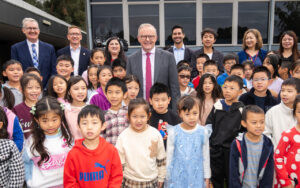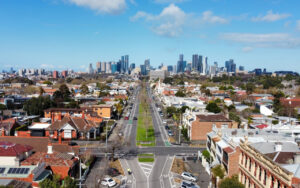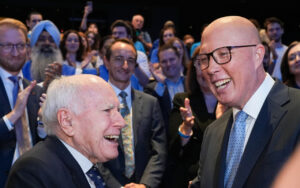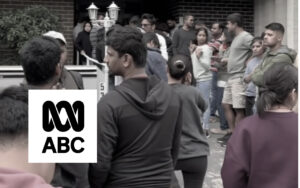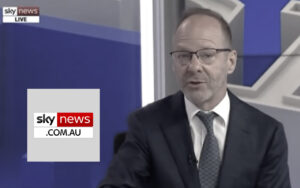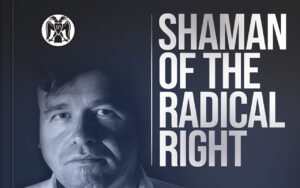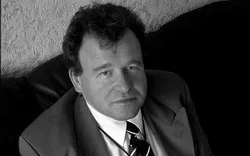Just 14% of Australians want the current level of mass immigration to be maintained, while half want a “drastic” cut and 71% say Australia does not need more people, according to a new poll.
The latest survey from The Australian Population Research Institute (TAPRI), published today, was conducted by Bob Birrell and Katharine Betts in December, after a record-high net overseas migration intake of 548,000 in the year to September 2023.
Of those surveyed, 49% wanted a drastic cut in immigration, 25% wanted somewhat lower levels, 14% wanted to maintain the current high numbers, and 13% had no opinion.
A separate question asked if Australia needs more people, to which 71% answered no. When asked whether adding more people will push up the cost of housing, 34% agreed strongly, 37% agreed, 20% neither agreed nor disagreed, 7% disagreed, and only 2% strongly disagreed.
Jenny Goldie, national president of Sustainable Population Australia, said there was a large and growing voter constituency concerned about the level of immigration despite support from the business lobby, the Labor Government and Treasury for a high intake.
“This survey notes that the 49% opposed to high immigration is well up on the 42% share who felt this way in TAPRI’s September 2022 survey, Ms Goldie said.
“The fact that more voters wanted population stabilisation than wanted large cuts to immigration suggests that many people are unaware of the extent to which immigration is driving rapid population growth. If they understood the numbers, it’s likely they would favour bigger cuts to immigration.
“Voters opposed to high immigration thought it was contributing to congestion, deteriorating access to services, notably hospital services, and to higher costs of housing. The strongest concern was about the implications for the cost of housing.
“Most voters did not think population growth was vital for Australia’s future. They clearly rejected the Big Australia paradigm.”
The survey noted that immigration has not become a major political issue, partly because no major political party has tried to make it an issue.
“It is inevitable, however, that it will become a political issue,” Ms Goldie said.
“The link between high demand for housing and mass immigration cannot and will not be ignored by voters at the next federal election.
“There is a cost-of-living crisis. Nearly half (48%) of voters surveyed saw themselves as financially insecure, in that they were ‘just about getting by’ financially or ‘finding it difficult to get by’.
“As the survey report notes, the cost-of-living crisis may abate as inflation declines but the housing crisis will undoubtedly worsen. This is because the level of construction is unable to accelerate fast enough to match unprecedented growth in housing demand.
Mr Birrell and Ms Betts concluded that young voters were suffering the most from high immigration levels.
“As their prospects of home ownership decline, so a life of renting beckons and so does the prospect of financial insecurity later in life,” they said.
“Let this survey stand as a warning to all political parties. If you expect to win votes, you need to heed the opinions of voters and not be beholden to those who profit from rapid population growth, fuelled largely by mass immigration,” Ms Goldie said.
“This survey reinforces that fact that Australian voters are saying NO to a big Australia .”
The survey results come as a Roy Morgan poll found support for One Nation is surging, following Pauline Hanson’s call for a national vote on immigration and new campaign manager Craig Kelly’s focus on the issue.


